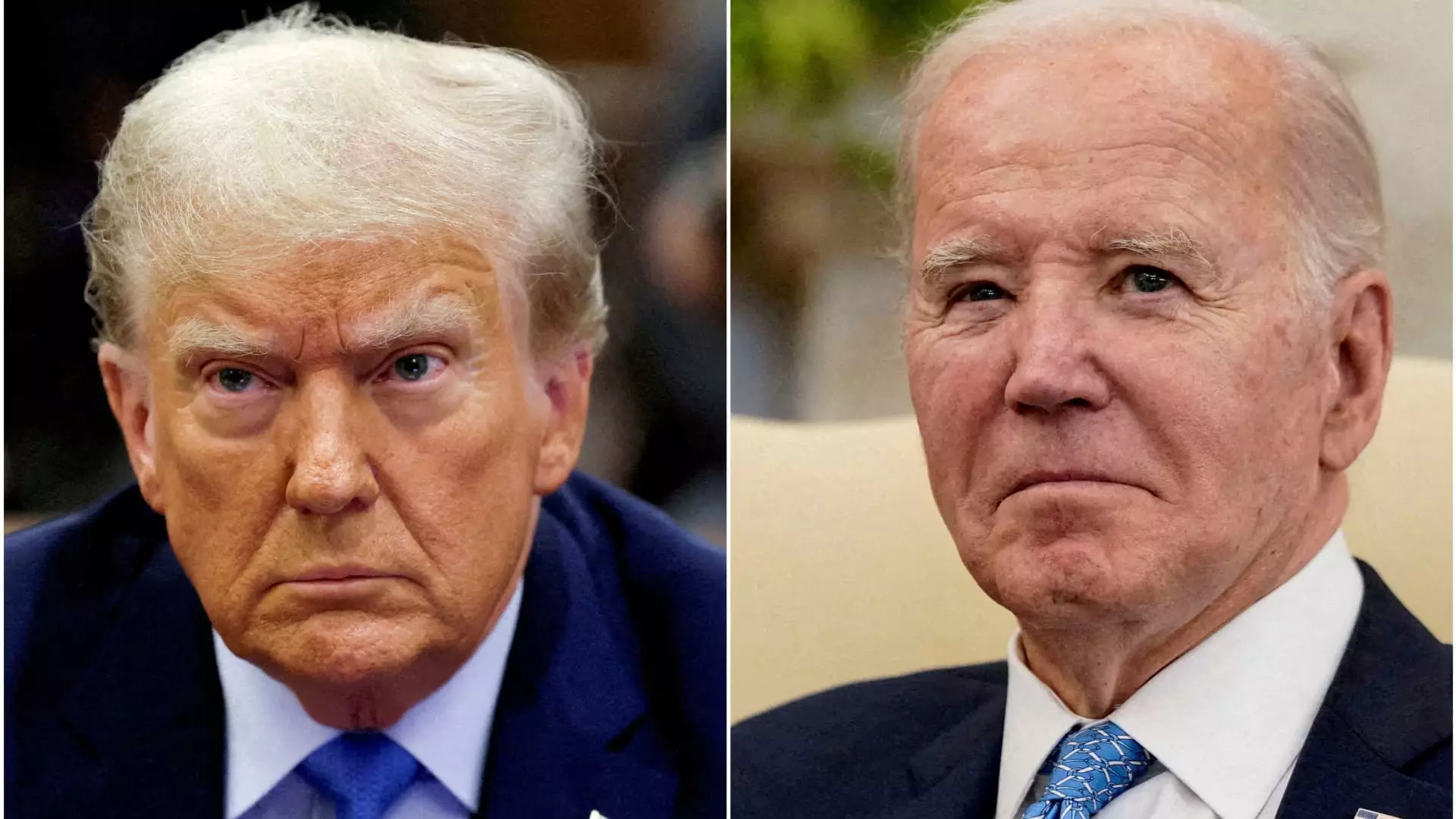When analyzing the potential impact of the upcoming U.S. presidential election on financial markets, the differences in regulatory policy play a crucial role. One of the key areas to focus on is monetary policy. Looking back at Trump’s picks for the Federal Reserve Board, it is evident that his choices leaned towards a more hawkish stance. On the other hand, Biden’s picks might not have the same level of hawkishness. While some may argue that Trump’s public battle with Powell in 2018 could lead to a more dovish Fed under his presidency, in hindsight, those hikes turned out to be a mistake. The reality is that there may not be significant differences in monetary policy calibration or independence under either outcome, especially while Powell is still leading the Fed.
Fiscal policy is another area where differences in regulatory policy between Trump and Biden could impact financial markets. Trump’s record before Covid showed a debt/GDP ratio around 105%, with a small upward trend. Biden, on the other hand, has run larger than normal deficits. Despite the sharp drop in the debt/GDP ratio post-Covid under Biden’s leadership, concerns remain about the fiscal side. However, it is challenging to predict major policy differences in fiscal policy that could significantly drive markets under either candidate. The debt and deficit storylines are likely to continue regardless of the election outcome.
Trade Policy
Trade policy is relatively straightforward when comparing Trump and Biden. Neither candidate seems inclined towards a free trade agenda. Biden’s retention of Trump’s tariffs and enforcement of protectionist policies indicate a lack of major differences between the two in terms of trade policy. While there may be some distributional variations, the overall stance on trade remains consistent with protectionist measures under both candidates.
Despite substantial differences in immigration policies between Trump and Biden, the impact on financial markets is likely minimal. In a large economy like the U.S., changes in immigration flows may not significantly affect macroeconomic indicators that influence the stock market, Treasury yields, or the dollar. While there are considerations to be made regarding lower wage effects and aggregate demand stemming from immigration policies, their direct impact on financial markets may be limited.
Regulatory Policy
Regulatory policy emerges as a significant factor that could drive financial markets post-election. Trump’s potential deregulation actions in sectors such as energy, healthcare, technology, consumer, and financial industries could have a substantial impact on market dynamics. Organizations like Cato, Heritage, AEI, and AFPI are likely prepared with executive orders focused on deregulation that could be implemented swiftly under a Trump administration. The deregulatory actions anticipated under Trump’s presidency have historically led to a positive supply shock and boosted small business optimism, which could translate to significant market movements in the aftermath of the election. Conversely, a Biden win may result in a more status quo scenario in the markets, with less pronounced changes in regulatory policy compared to a Trump victory. Stocks are expected to react positively to a Trump win, with S&P 500 futures potentially experiencing a significant surge on election night due to the anticipated deregulatory actions.

